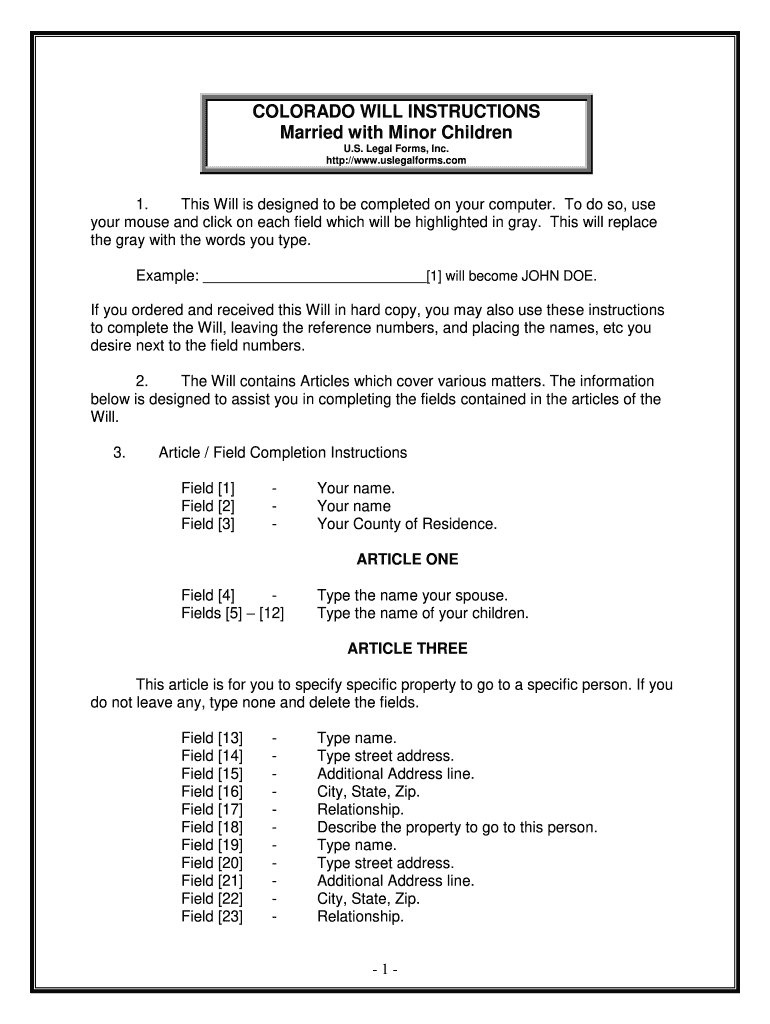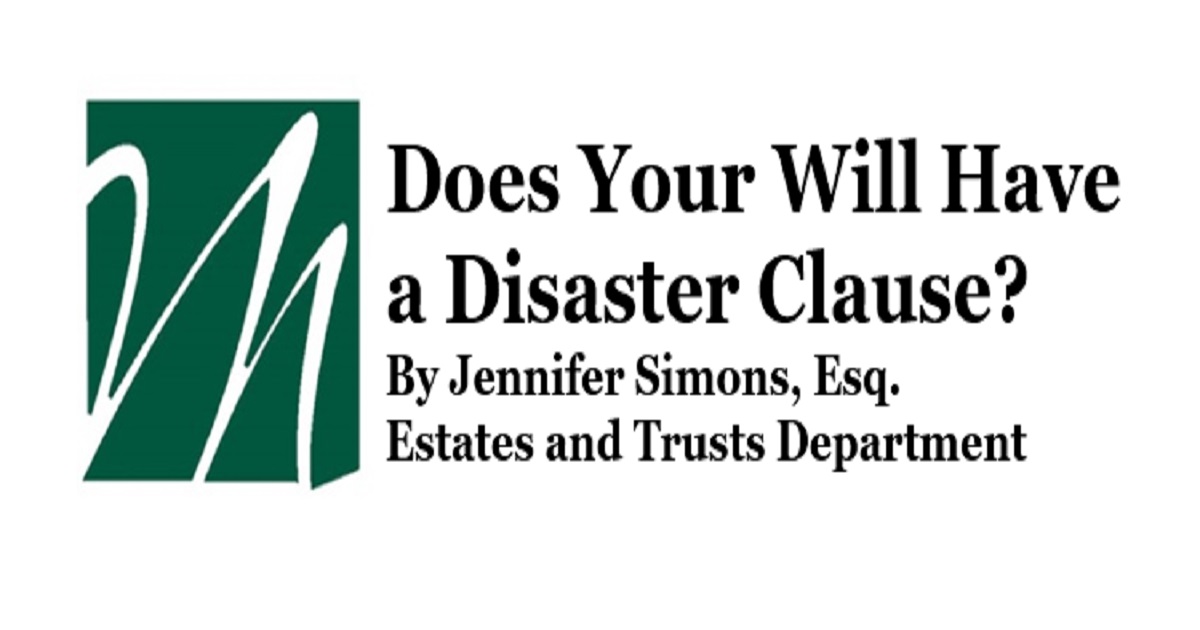Now, lemme tell ya, this “Common Disaster Clause” business, it sounds like some fancy lawyer talk, but it’s real simple once ya get down to it. You see, this clause comes into play when folks have got themselves some insurance, like life insurance, and it’s all set to go to a specific person, like a husband, wife, or some other close kin. The thing is, if both the insured person and their named beneficiary end up in the same accident and both pass away, well, that’s when this clause kicks in.
So, what’s the big idea? The “Common Disaster Clause” is just there to make sure there’s a clear plan of where that money goes. Ya know, if both the insured person (the one who took out the policy) and their beneficiary (the one supposed to get the payout) both die at once, the insurance company needs to know who to give that money to. Can’t be tossin’ it around willy-nilly.

How Does the Common Disaster Clause Work?
Alright, now, here’s how it works. This clause usually says that if both the insured person and the primary person on the policy die in a common disaster, they treat it as if the insured person – that’s the one with the policy – dies last. Sounds a bit strange, don’t it? But there’s a reason for it. It’s to make sure that if the main person that’s supposed to get the payout (like a spouse) dies at the same time, that money has somewhere else to go, like a backup beneficiary or even to the insured person’s own estate.
Let’s say you got a husband and a wife, and they’re both on this policy. Husband is the insured, and wife is the main person to get the money if he passes. But if they both go in a common accident – like, say, a car crash – this Common Disaster Clause makes it so it’s assumed the wife dies first. This way, the insurance doesn’t get confused about who to give the money to, and if there’s a secondary person on the policy, like their kid or a family member, that’s who’ll get it. If there ain’t no secondary beneficiary, then it all goes to the husband’s estate.
Why Have a Common Disaster Clause?
- First off, it just makes things clearer and simpler for everyone involved. No one’s left arguing about where that insurance money should go, which can get real messy without a plan.
- Second, it keeps the money in the family if there’s no secondary person listed. This way, the funds go to the insured person’s estate, which usually means it gets divided up according to a will or goes to next of kin.
- And third, this helps avoid any sticky situations where both insured and primary person pass on without a clear line of who died first. Ya don’t wanna leave the family hangin’ with all kinds of questions like that.
This type of clause ain’t just used in insurance either. You can find it in wills and trusts too. Some folks, especially married couples, include a Common Disaster Clause in their wills. What that does is make sure there’s no mix-up if both spouses die in the same accident. If they don’t add it, then things can get complicated – folks end up guessing who gets what.
Uniform Simultaneous Death Act

Now, here’s somethin’ else worth mentionin’. There’s a thing called the Uniform Simultaneous Death Act, and it works kinda like the Common Disaster Clause, but it’s a law instead of a clause in a policy or will. What this law says is that if two folks pass at the same time, like in a big accident, and there’s no evidence of who went first, then it’s assumed the insured died last. So the insurance company knows to send the benefits over to the insured’s estate, instead of just guessing who to give it to. This way, everything’s squared away nice and tidy.
How This Helps Families
Now, I know all this might sound a bit formal, but truth is, it’s just a simple way to make sure families don’t get stuck wonderin’ or arguin’ about money after a tragedy. Imagine, two folks both passin’ in a disaster, and nobody knows who’s supposed to get what. With a Common Disaster Clause, the insurance folks and the family all know exactly where that money is supposed to go, keepin’ things nice and clear.
So, next time ya hear someone talkin’ about all this “Common Disaster Clause” stuff, just remember, it’s about takin’ care of things in case of the worst. Ain’t nothing more to it than that.
Tags:[Common Disaster Clause, life insurance, insurance clause, simultaneous death, estate planning]